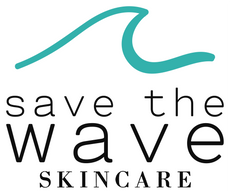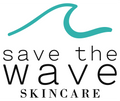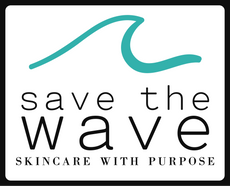Stress & Your Skin
To say that 2020 has been stressful for many of us would be a huge understatement! We have all been affected this year in some shape or form wether it be health concerns, financial concerns, social isolation, work concerns, the upcoming election. You name it - 2020 has seen it. It has been especially difficult for those who have underlying mental health concerns such as anxiety and depression. While we all have had unique experiences, collectively, we have shared a significant amount of stress this year.
Stress is not just “in your head”. When our body feels stressed - physical or emotional - our brain releases a distress message and our body releases several hormones - such as adrenaline, cortisol and norepinephrine which leads to a cluster of symptoms that we will feel as racing thoughts, rapid heart rate, sweating, shortness of breath, muscle contractions as well as other unpleasant sensations. These "fight or flight" responses are great for when we have to swerve to avoid an accident or run away from the bear chasing us, but day in and day out stress responses are maladaptive and can wreak havoc on our emotional and physical well being, including our skin.
In Dermatology we often see skin conditions such as rosacea, psoriasis, eczema, cold sores, acne, and seborrhea worsen in times of stress. Chronic stress can cause an increase in cortisol which can actually suppress the immune system and cause an inflammatory response of the skin will be seen as a “flare” of an existing condition or possibly a new onset of rashes, hives and even fine lines and wrinkles. everyones sensitivity to stress differs, and the impact of stress on your skin will differ as well.
While it is impossible to remove all stressors from our lives, there are ways we can mitigate the effects of stress. just like we have hormones to rev up the stress response in our body, we have hormones such as serotonin that help to calm down the physical components of stress. we can also manage our reaction to stress by getting a full nights sleep, eating a well balanced diet to help boost our innate immunity, exercising to increase blood flow and release endorphins, deep breathing and meditative practices, taking time for self care and reflection and getting help when needed.







Leave a comment